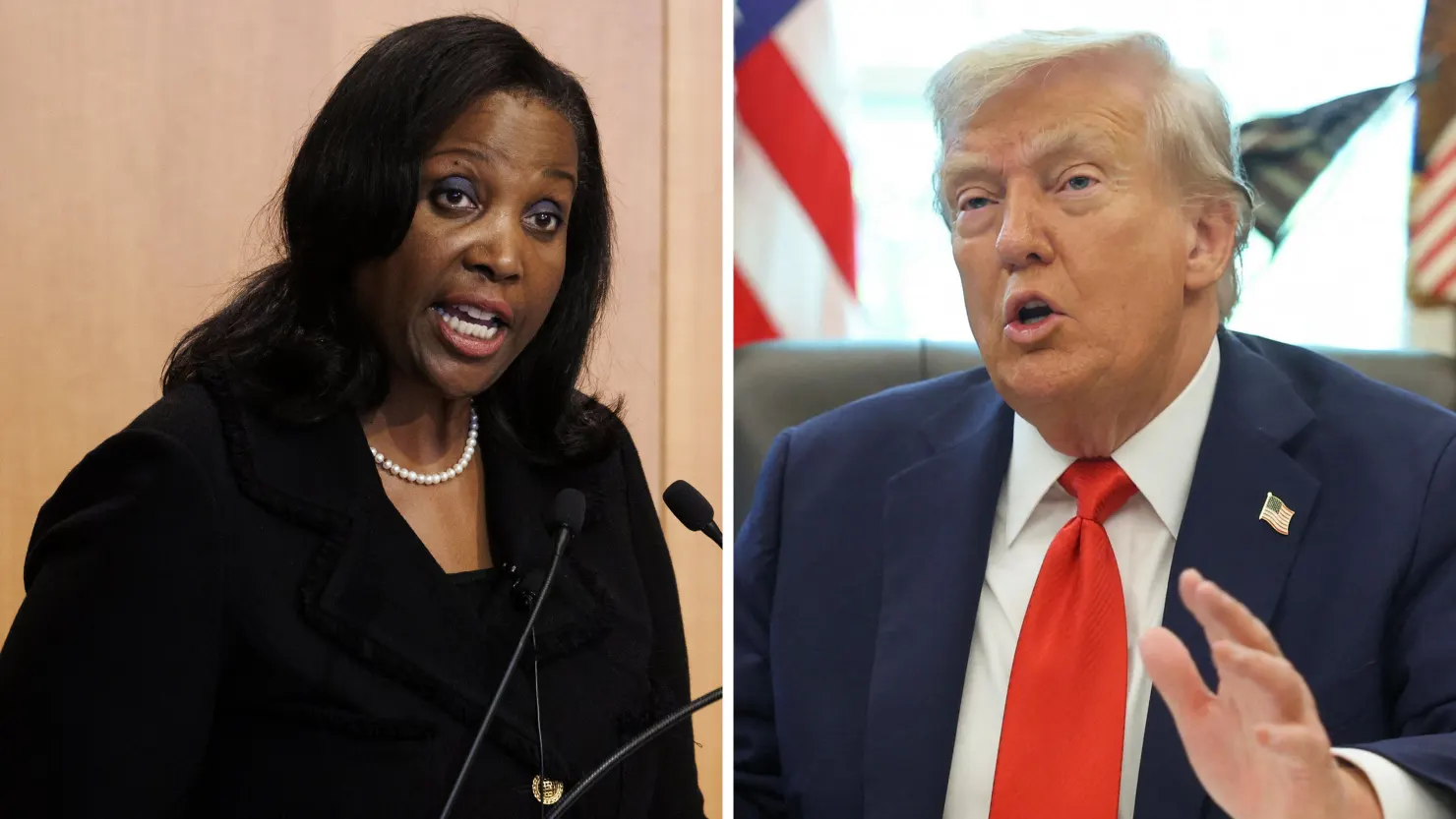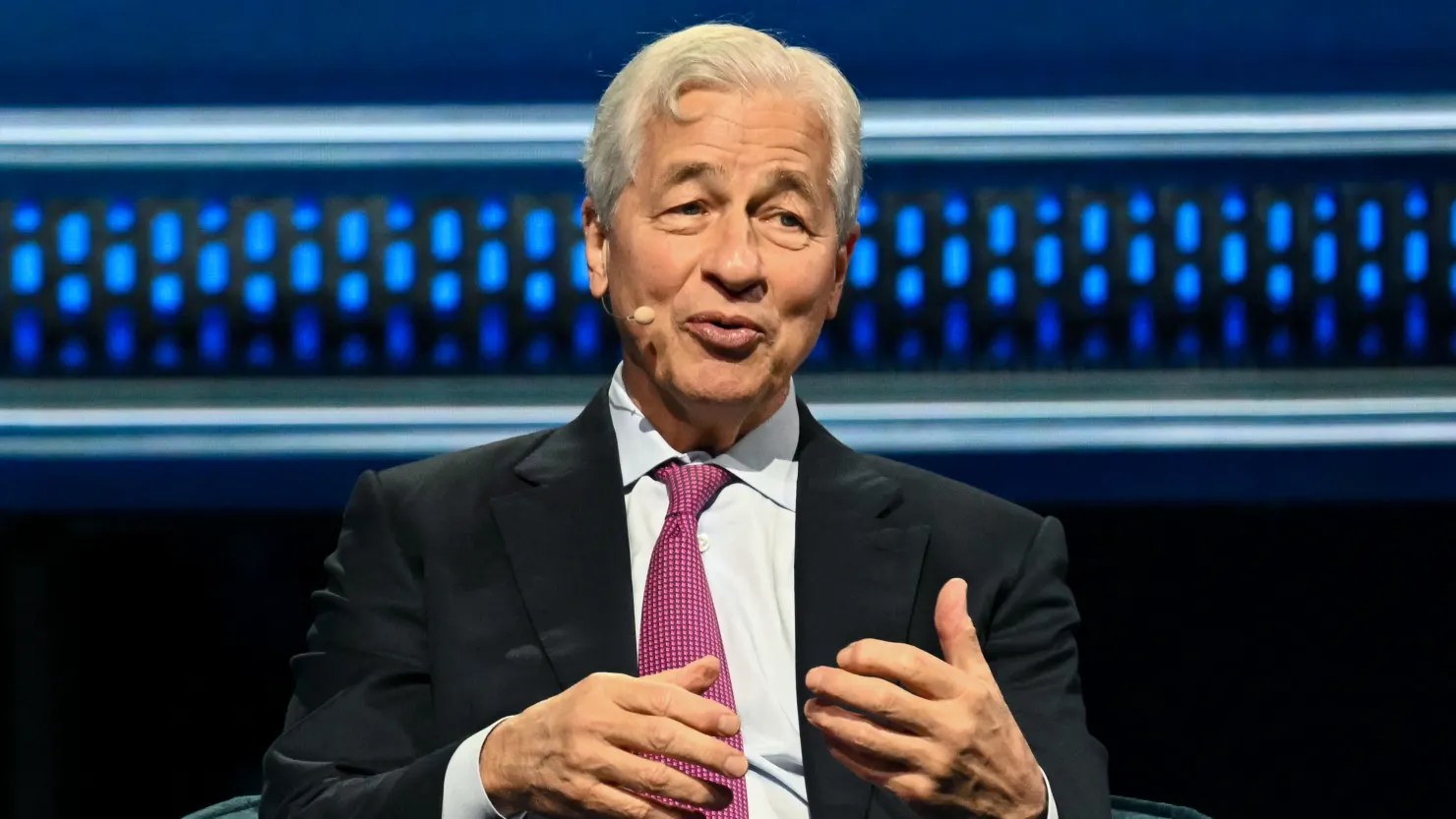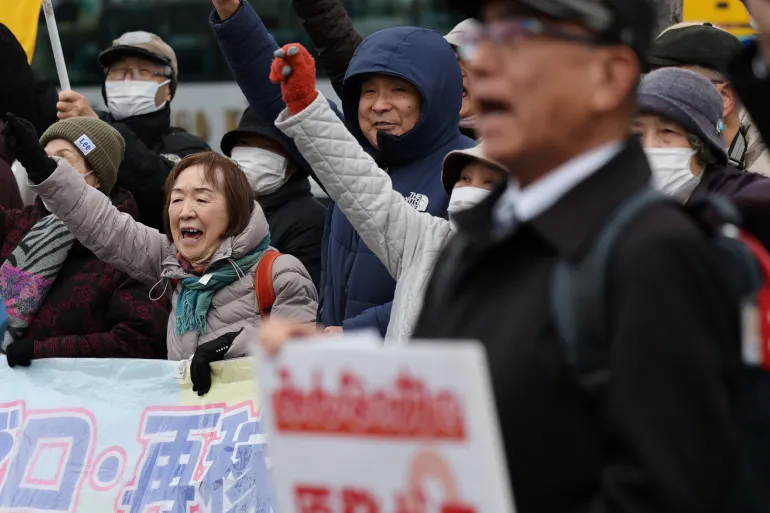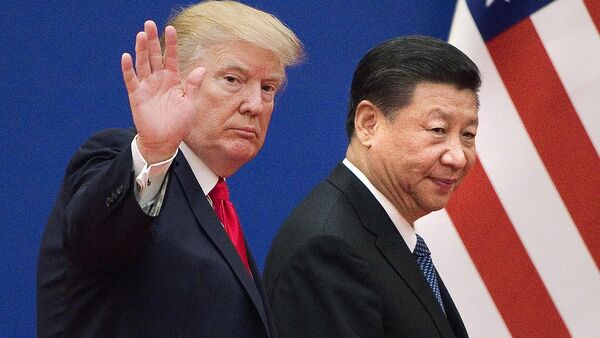Reuters, Bloomberg, Benzinga, and Mint contributed to this report.
The Trump administration is weighing a dramatic new move in its trade fight with Beijing: restricting shipments to China of products that contain US software or were made using it. Think everything from laptops to jet engines. The idea, floated by officials as retaliation for China’s latest rare earth export limits, would make good on President Trump’s Oct. 10 threat to bar “any and all critical software” exports by Nov. 1 — though people briefed on the talks say the plan might be announced as leverage and never fully pulled.
If it happens, the scope would be vast.
“Everything imaginable is made with US software,” is how one person familiar put it, a reminder that American code underpins global manufacturing.
It’s also why some in government are pushing a narrower approach, warning of blowback to US industry and snarled supply chains. Emily Kilcrease, a former trade official now at CNAS, called the concept unsurprising given Washington’s search for leverage — but extraordinarily hard to execute without collateral damage.
Markets didn’t love the headline. Stocks briefly deepened losses after the news before paring back. The White House and Commerce Department passed on comment. Beijing, for its part, blasted unilateral “long-arm” measures and vowed to respond if Washington moves ahead.
The proposal echoes the playbook used on Russia after the 2022 invasion of Ukraine, when Washington blocked exports of items made abroad with US tech. It also lands amid a flurry of other threats: Trump has floated slapping an additional 100% tariff on Chinese goods starting Nov. 1 and has oscillated between tightening and easing chip-related controls. The latest saber-rattling follows Beijing’s expanded curbs on rare earths, critical inputs for everything from EVs to fighter jets.
Timing is political as much as economic. Trump and China’s Xi Jinping are due to meet in South Korea later this month, and Treasury Secretary Scott Bessent is set to huddle with Vice Premier He Lifeng in Malaysia beforehand. That gives both sides incentive to rattle sabers, then claim wins. Whether Washington actually tries to police the flow of anything touched by US software — or simply brandishes the threat to extract concessions — will tell you how far this trade war is prepared to go in its next round.










The latest news in your social feeds
Subscribe to our social media platforms to stay tuned